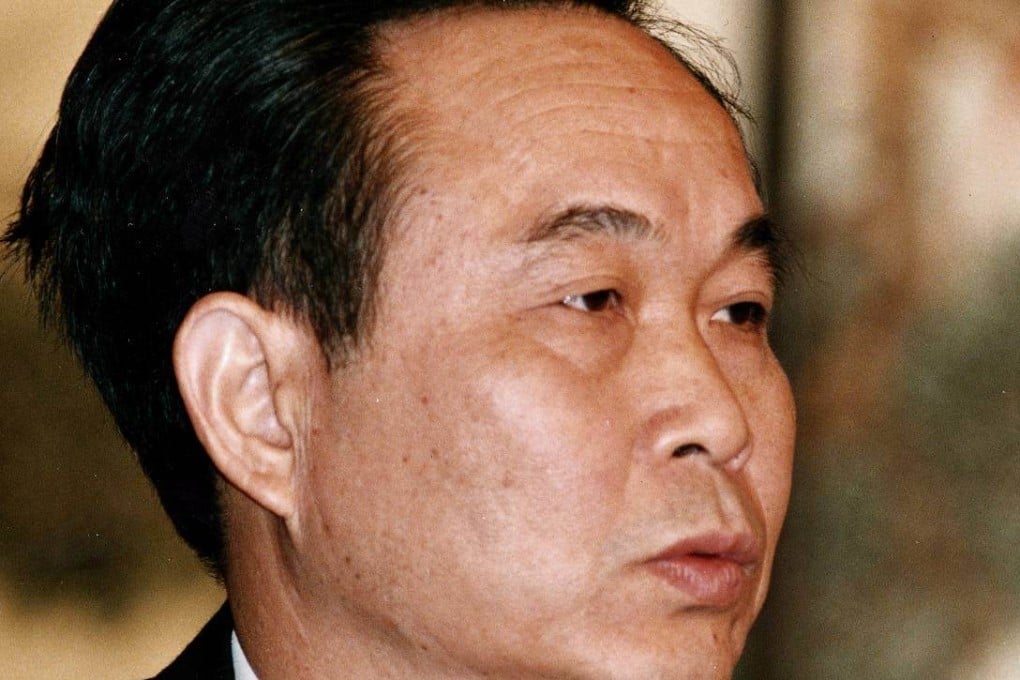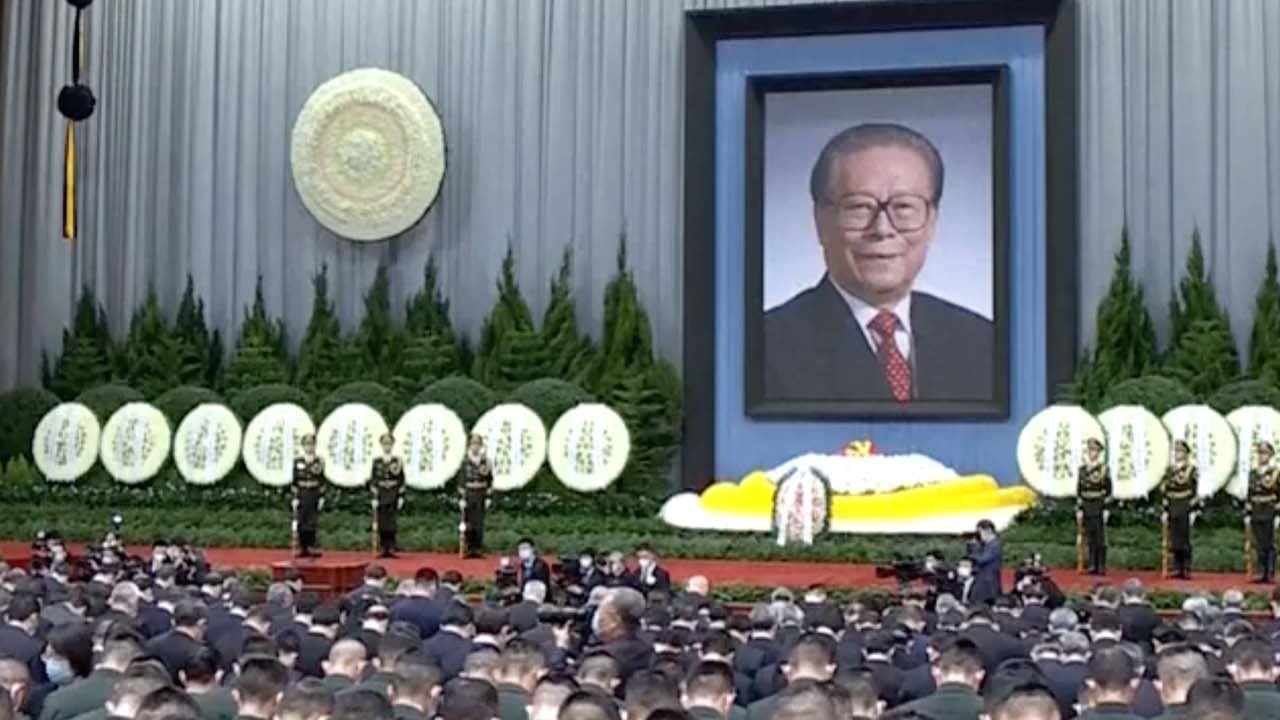As I see it | Jiang Zemin paved the way for China’s rise. He was helped by diplomats like Liu Huaqiu
- President Xi Jinping praised the former Chinese leader’s ‘extraordinary courage’ in ‘diplomatic struggles’ with America
- A key player in handling US affairs after the Tiananmen crackdown was foreign policy aide Liu, who died last month at 83

Hailed as a “great statesman” and “strategist” who navigated China’s rise through sanctions and isolation in the 1990s and early 2000s, Jiang’s mentor was Deng Xiaoping.
But he also owed much to the support of top foreign policy aides like Liu Huaqiu for his diplomatic accomplishments.
Liu, a veteran diplomat and the first director of the central foreign affairs office, played a key role dealing with the US in the tumultuous decade after the bloody 1989 crackdown, including during the third Taiwan Strait crisis. He died last month at 83.
Liu graduated as an English major from China’s Foreign Affairs College in Beijing and joined the foreign service in 1965, though his career was interrupted by the Cultural Revolution soon after.
Fast-forward to the weeks after Tiananmen, and a 50-year-old Liu became the youngest deputy foreign minister seen in decades, responsible for US and Oceanic affairs.
One of his first tasks was to deal with the diplomatic row over dissidents Fang Lizhi, an astrophysics professor, and his wife, who had taken refuge at the US embassy in Beijing the day after the June 4 crackdown. It took 12 months of negotiation before the couple – seen by Beijing as “black hands” behind the student-led pro-democracy protests – were transferred to the US on an American military plane.

